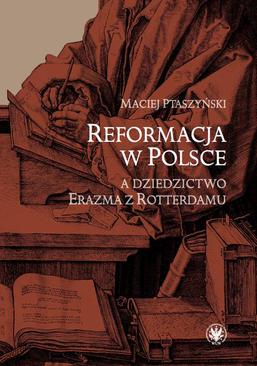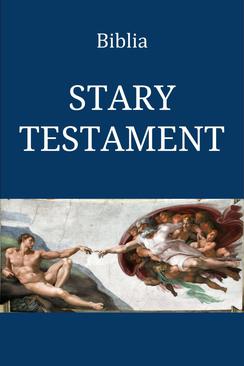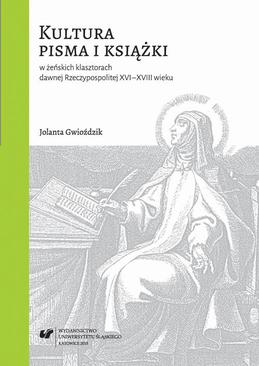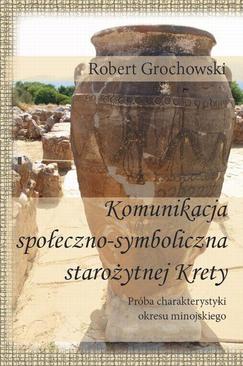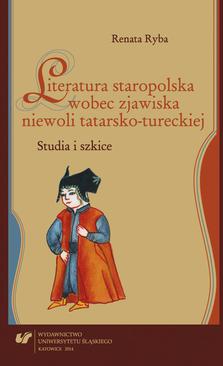
Loca scribendi
- ebook , nauka języków , pismo, Kancelaria, księgi, XV-XVIII wiek, środowisko piszące, Office, writer, kultura pisma, writing community, consistory, notary, writing
4,8
- Autorzy:
Agnieszka Bartoszewicz ,
Anna Adamska ,
Maciej Ptaszyński
- Wydawnictwo:
Wydawnictwa Uniwersytetu Warszawskiego
- ISBN:9788323527725
- Format:PDF + MOBI + EPUB
16,70 zł
Produkt niedostępny
Książka obejmuje teksty poświęcone średniowiecznym i nowożytnym loca scribendi – miejscom i środowiskom, które odegrały ważną rolę w tworzeniu i rozwoju kultury pisma na terenie Rzeczypospolitej Obojga Narodów od XV do XVIII wieku.
Autorzy analizują genezę, definicje, okoliczności, ograniczenia i skutki rozwoju kultury pisma przez pryzmat szczegółowych zagadnień, do których należą:
1. początki, organizacja oraz produkty kancelarii dworskich, miejskich i kościelnych:
– początki krakowskiej kancelarii miejskiej,
– funkcjonowanie kancelarii dworskiej, kancelarii kościelnych i miejskich w Starej i Nowej Warszawie,
– działalność małomiasteczkowej kancelarii miejskiej na przykładzie Radziejowa,
– organizacja kancelarii miejskiej w Gdańsku w aspekcie księgowo-podatkowym;
2. korespondencja monarchów:
– korespondencja Elżbiety Habsburżanki z Zygmuntem Augustem jako przejaw funkcjonowania dworskiego locus scribendi;
3. działalność konsystorzy, a także zatrudnionych w nich notariuszy i pisarzy:
– działalność pisarska konsystorza generalnego w Poznaniu,
– praca notariuszy i pisarzy w otoczeniu biskupa poznańskiego Andrzeja Bnińskiego;
4. sporządzanie dokumentów w parafialnych kościołach protestanckich w Rzeczypospolitej i Rzeszy Niemieckiej.
The book includes texts devoted to medieval and modern loca scribendi – places and environments that played an important role in the creation and development of the culture of writing in the Polish-Lithuanian Commonwealth from the 15th to the 18th century.
The authors analyze the origins, definitions, circumstances, limitations and effects of the development of the culture of writing through the prism of specific issues, which include:
1.the beginnings, organization and products of court, city and church offices:
– the beginnings of the Krakow city chancellery,
– functioning of a court office, church and city offices in Old and New Warsaw,
– activities of a small-town municipal office on the example of Radziejów,
– organization of a municipal office in Gdańsk in terms of accounting and tax;
2. correspondence of monarchs:
– Elżbieta Habsburżanka's correspondence with Zygmunt August as a manifestation of the functioning of the court locus scribendi;
3.the activity of consistory, as well as notaries and writers employed by them:
– writing activity of the general consistory in Poznań,
– work of notaries and writers in the presence of Andrzej Bniński, the bishop of Poznań;
4. preparing documents in parish Protestant churches in the Polish Republic and the German Reich.


